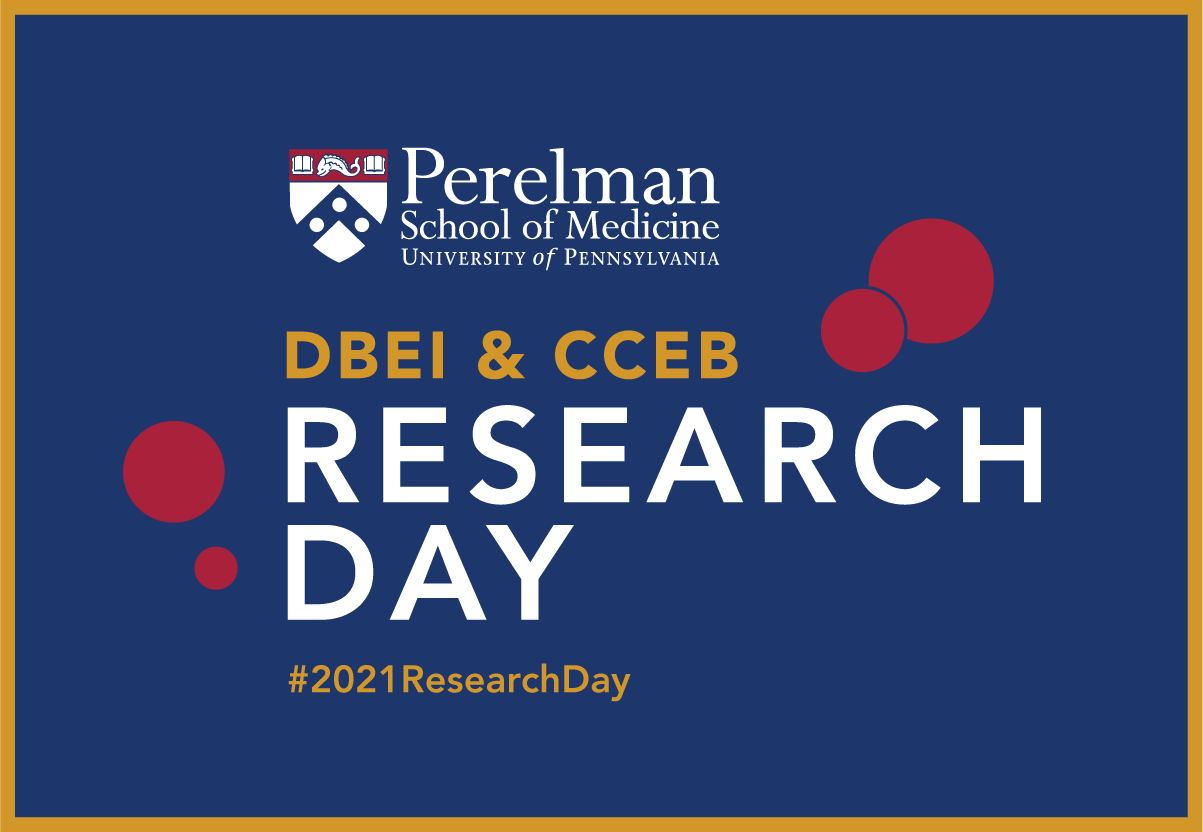Mansu Kim
Imaging genetic strategies for predicting the quality of sleep using depression-specific biomarkers
Presenter

My name is Mansu Kim and I am a Postdoc researche in Shen Lab. My research interest lies in integrating meaningful knowledge from multi-modal biomedical data, such as multi-omics (e.g., SNPs, DNA, RNA, and tissue) and multi-model imaging (e.g., MRI, SPECT, and PET) data. I graduated from the Sungkyunkwan University in 2019 with Ph.D in Eleletic and Computer Engineering.
Abstract
Sleep is an essential phenomenon for maintaining good health and wellbeing. According to several existing studies, sleep is often disturbed by depression, anxiety, or fear. In this work, we perform a depression-specific imaging genetic association study to examine the relationship between depression-specific imaging genetic biomarkers and quality of sleep. Specifically, joint-connectivity-based sparse canonical correlation analysis (JCB-SCCA) was applied to identify biomarkers between multi-model imaging scans (i.e., functional magnetic resonance imaging [fMRI] and diffusion tensor imaging [DTI]) and genotype data (i.e., single nucleotide polymorphism, SNP). Using the identified imaging and genetic biomarkers, we further built a regression model for predicting the Pittsburgh sleep quality index. The proposed model was compared with five different models using different sets of biomarkers. Our empirical study was performed on the Human Connectome Project (HCP) data, and demonstrated that the JCB-SCCA model discovered stronger imaging genetic associations than the traditional SCCA method. Furthermore, the imaging and genetic biomarkers identified from our association analysis yielded improved performance over those from the other models in predicting the quality of sleep.
Keywords
Imaging genetics, sparse canonical correlation analysis, depression, sleep disorderCommenting is now closed.
About Us
To understand health and disease today, we need new thinking and novel science —the kind we create when multiple disciplines work together from the ground up. That is why this department has put forward a bold vision in population-health science: a single academic home for biostatistics, epidemiology and informatics.
© 2023 Trustees of the University of Pennsylvania. All rights reserved.. | Disclaimer


Comments